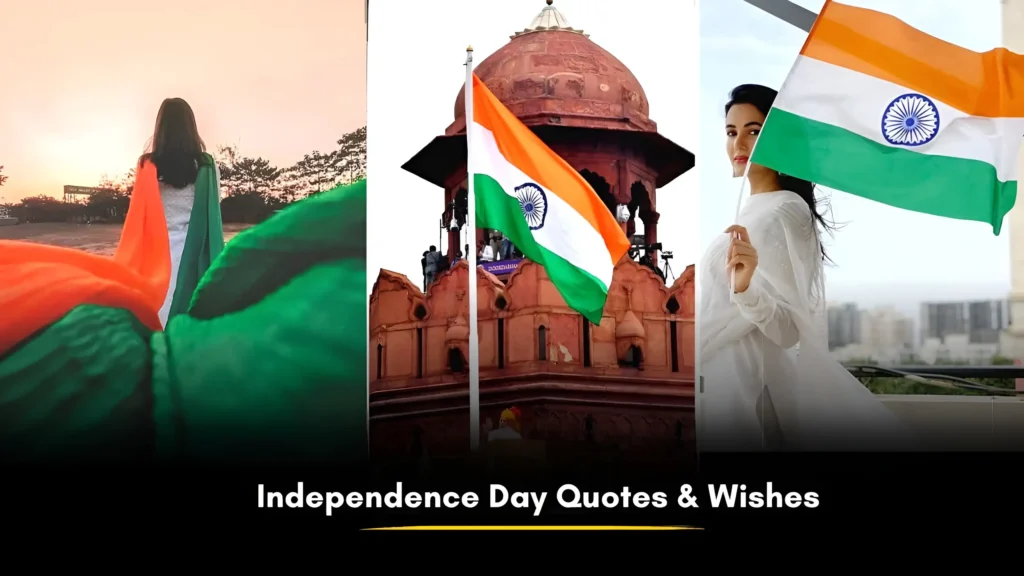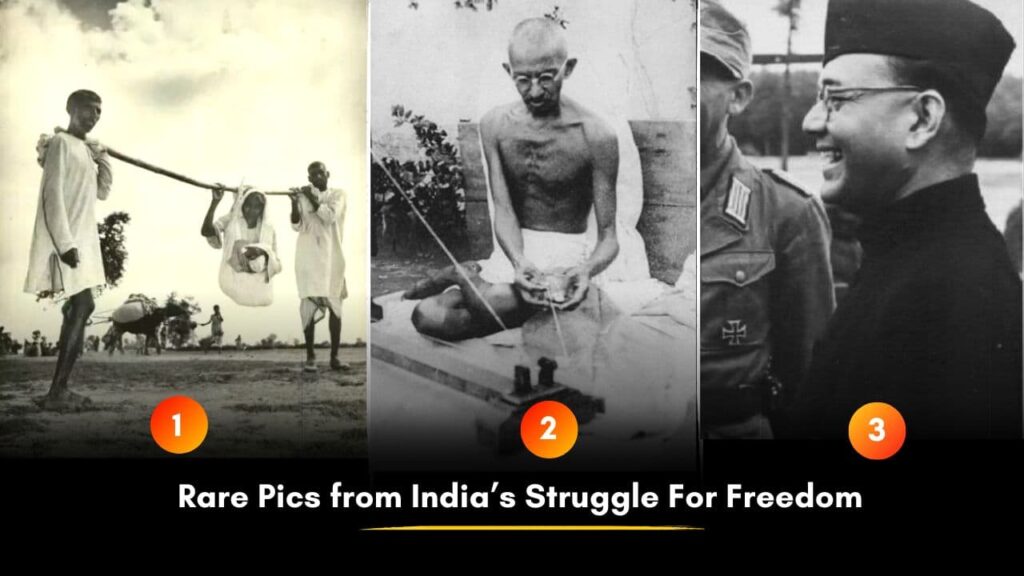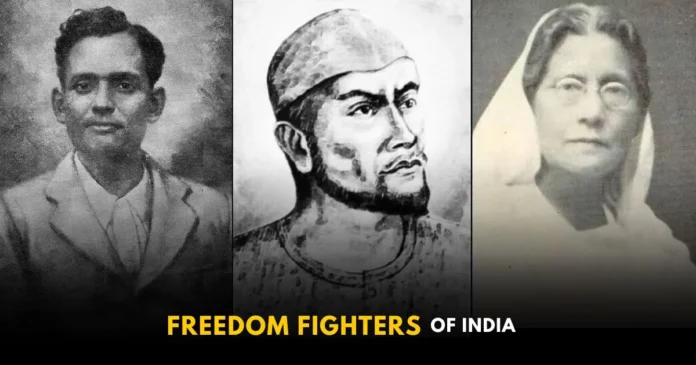
Freedom Fighters: It’s important to remember and honour the sacrifices made by the freedom fighters who fought for India’s independence from British rule. While many well-known figures are celebrated for their contributions, there are also lesser-known heroes whose stories deserve recognition. These individuals gave their lives for the nation’s better future, and their sacrifices should not be forgotten. Their bravery and dedication continue to inspire us today.
Freedom Fighters Of India Who Died For The Nation
It’s crucial to shed light on the stories of those lesser-known freedom fighters who played a significant role in India’s struggle for independence. These individuals may not have received the same level of recognition as some of the more prominent figures, but their contributions were just as impactful and their sacrifices equally significant. By learning about and sharing their stories, we can ensure that their legacy lives on and their efforts are acknowledged for generations.
1. Surya Sen (A teacher, leader and patriot)
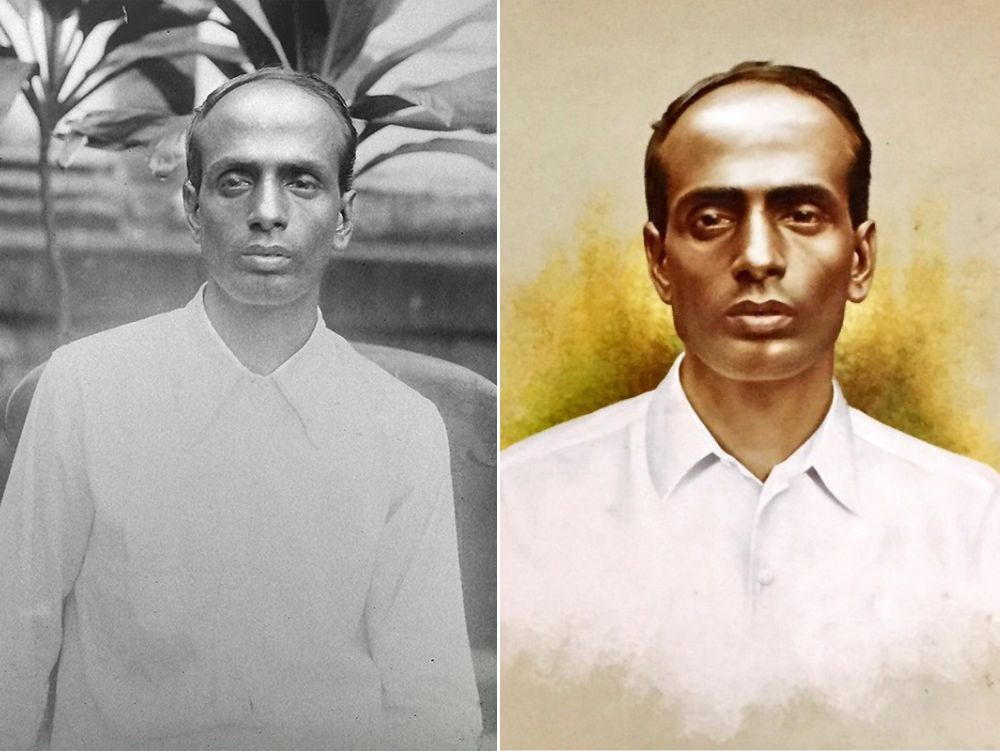
Masterda Surya Sen, also known as “Masterda,” was indeed a remarkable freedom fighter and revolutionary. He played a pivotal role in the Chittagong Armoury raid, which was a daring act of resistance against British rule. Surya Sen, along with his fellow revolutionaries, planned and executed the raid with the aim of seizing weapons and inspiring a larger uprising against the British colonial authorities.
Despite facing immense challenges and risks, Surya Sen’s leadership and dedication to the cause fueled the spirits of those around him. His actions not only demonstrated his commitment to India’s independence but also ignited a sense of patriotism and unity among the people. His capture and subsequent execution by the British authorities did not diminish the impact of his efforts; instead, they served as a symbol of resistance and bravery.
Masterda Surya Sen’s legacy continues to inspire individuals to stand up against injustice and fight for their rights. His story reminds us of the courage and determination displayed by countless unsung heroes during India’s struggle for freedom.
2. Matangini Hazra ( A lady who loved the country, immensely)
Matangini Hazra was a courageous freedom fighter who made a significant contribution to India’s struggle for independence.
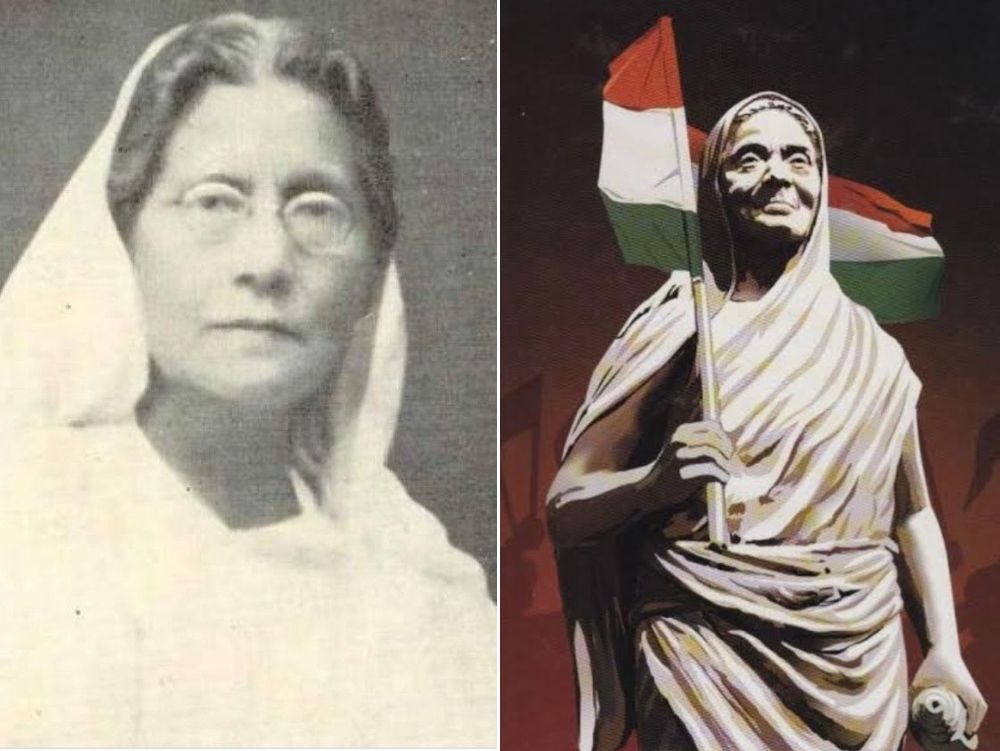
Matangini Hazra, also known as Gandhi Buri (Old Lady Gandhi), was a dedicated follower of Mahatma Gandhi’s principles of nonviolent resistance. She actively participated in various movements and protests aimed at ending British colonial rule in India.
During the Quit India Movement in 1942, Matangini Hazra was actively involved in the struggle for freedom. She played a prominent role in protesting against the British authorities and their oppressive actions. She led the people in her community and took part in various acts of civil disobedience.
The incident you mentioned took place on September 29, 1942. Matangini Hazra was leading a procession of freedom fighters, holding the Indian flag and chanting patriotic slogans in the Tamluk area of West Bengal. The British police and army attempted to disperse the gathering, and an officer demanded that she hand over the flag. Refusing to do so, Matangini Hazra continued to hold the flag and resisted their attempts.
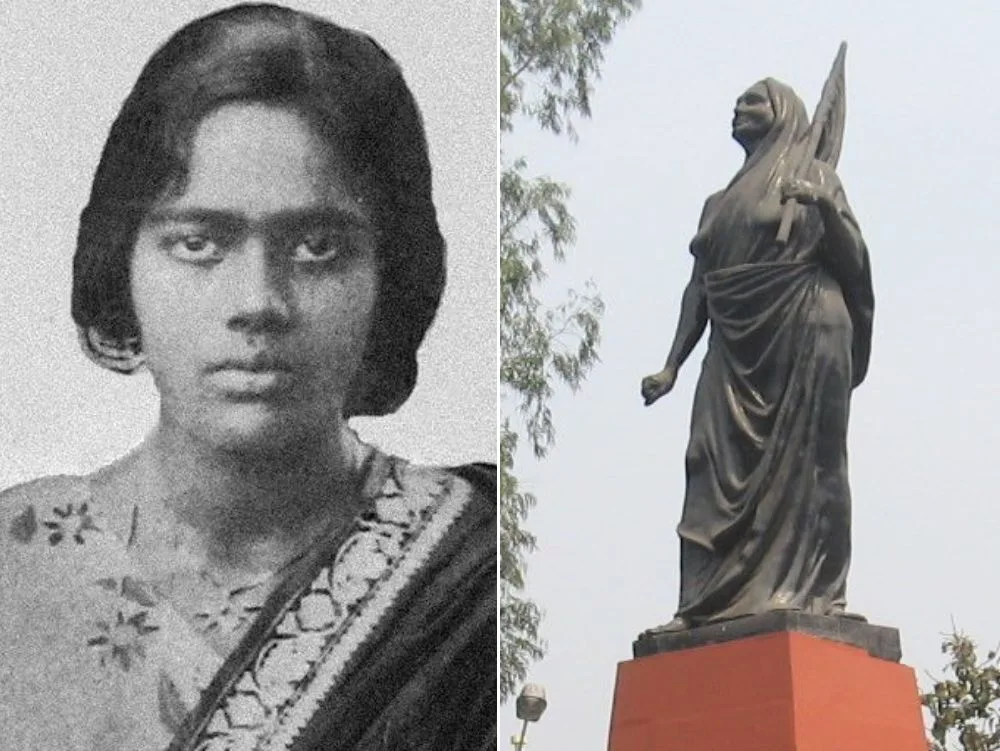
Tragically, a British army officer opened fire on Matangini Hazra, and she was shot multiple times. Even in her wounded state, she continued to hold onto the Indian flag until she fell to the ground. Her sacrifice and bravery in the face of oppression and violence became a symbol of the indomitable spirit of the Indian people in their fight for freedom.
Matangini Hazra‘s legacy continues to inspire generations, and her name is honoured as a courageous freedom fighter who gave her life for the cause of an independent India.
3. Peer Ali Khan
Peer Ali Khan was a courageous freedom fighter who participated in the struggle for India’s independence long before the mass movements of the 20th century. His dedication to the cause of sovereignty and his willingness to fight for India’s freedom set an early example for the generations to come.
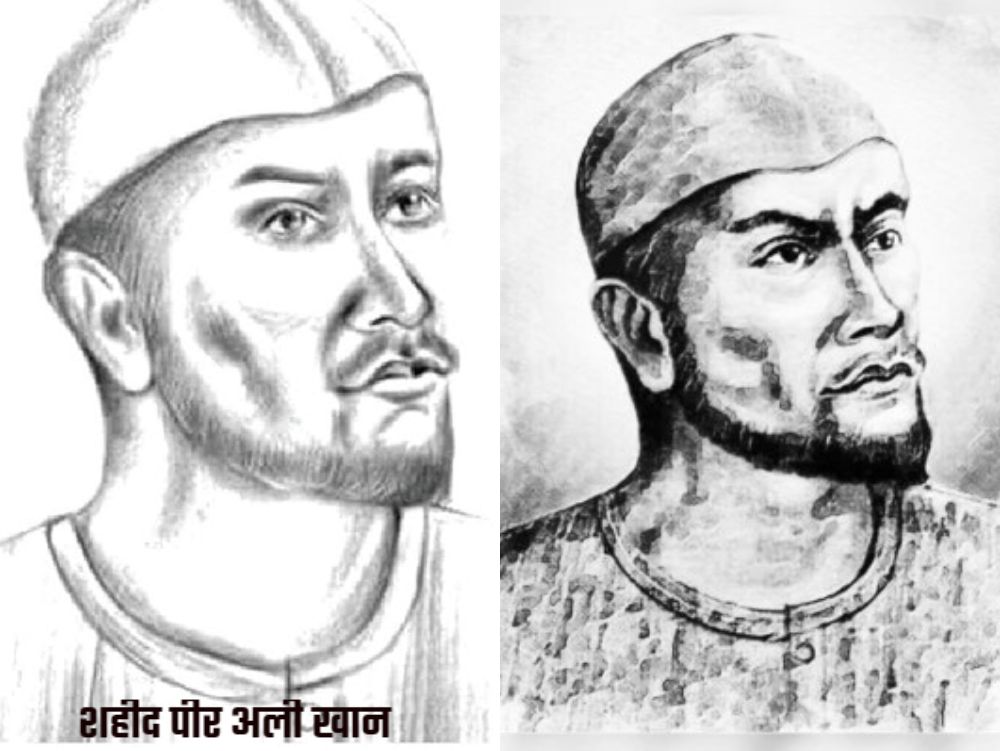
In the year 1857, Peer Ali Khan actively took part in the Indian Rebellion, also known as the Sepoy Mutiny or the First War of Independence. This uprising marked a pivotal moment in India’s fight against British colonial rule. Peer Ali Khan’s involvement demonstrated his commitment to the cause of independence and his determination to challenge British oppression.
Tragically, Peer Ali Khan and 14 of his compatriots paid the ultimate price for their participation in the freedom movement. They were sentenced to capital punishment, a stark reminder of the sacrifices made by countless individuals who yearned for a free and sovereign India.
Although Peer Ali Khan may not be as widely recognized as some of the more prominent figures in India’s struggle for independence, his early efforts and sacrifices deserve to be remembered and honoured. His dedication to the cause and his willingness to lay down his life for the nation’s freedom exemplify the spirit of all those who fought valiantly for a better future for India.
4. Tirupur Kumaran
Tirupur Kumaran, also known as Kodi Kaatha Kumaran, was a valiant freedom fighter from Tamil Nadu, India, who made significant contributions to the Indian independence movement.
Tirupur Kumaran was born on October 4, 1904, in Chennimalai, Tamil Nadu. He was deeply inspired by the teachings of Mahatma Gandhi and joined the Indian National Congress to actively participate in the struggle for freedom.
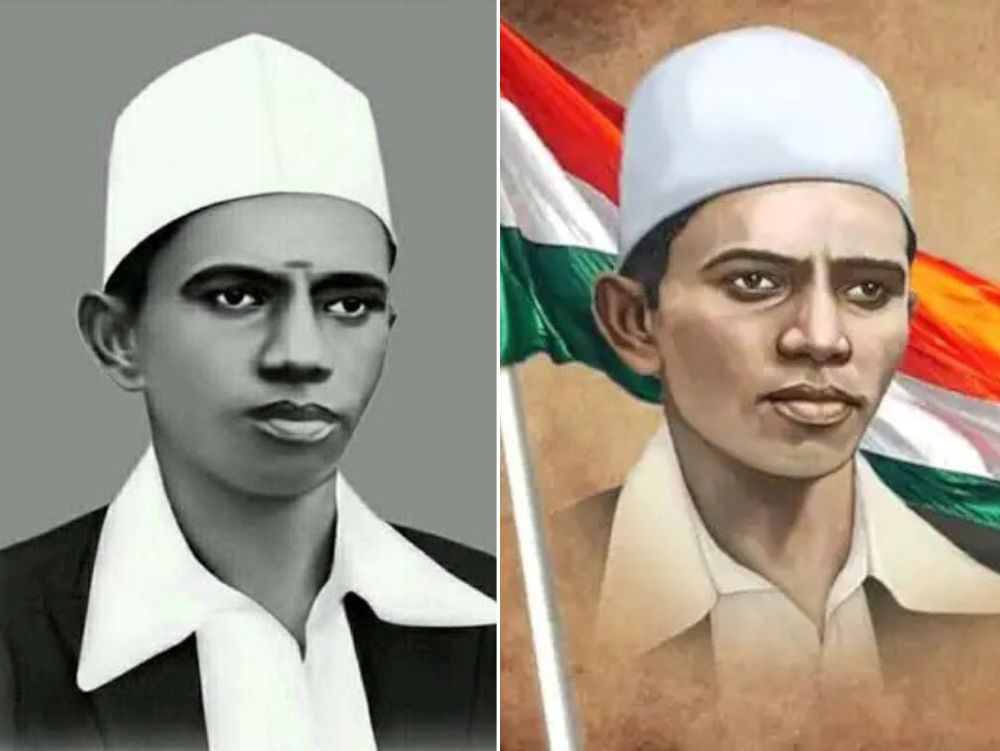
One of the most iconic incidents associated with Tirupur Kumaran took place during a protest march against the British colonial rule and the Simon Commission in 1932. The Simon Commission was a group set up by the British government to propose constitutional reforms in India, but it faced widespread opposition due to its non-representative nature.
On January 11, 1932, Tirupur Kumaran led a protest march in Vedaranyam, Tamil Nadu, against the Simon Commission. The police ordered the crowd to disperse, but Tirupur Kumaran defiantly held the Congress flag and continued marching. Despite being severely beaten by the police, he refused to let go of the flag. He sustained serious injuries and was eventually carried away by fellow protestors.
Tirupur Kumaran succumbed to his injuries on January 11, 1932, the same day as the protest. His sacrifice became a symbol of the people’s unwavering determination and resistance against British oppression. He became a revered figure in Tamil Nadu’s history of freedom fighters.
Tirupur Kumaran’s legacy lives on as a source of inspiration for the people of Tamil Nadu and India, and he is remembered for his courage and sacrifice in the fight for India’s independence from colonial rule. His contributions are celebrated as a reminder of the sacrifices made by countless individuals in the pursuit of a free and sovereign nation.
5. Khudiram Bose
Khudiram Bose was a young and fearless revolutionary who demonstrated his unwavering dedication to India’s freedom struggle at a remarkably young age.
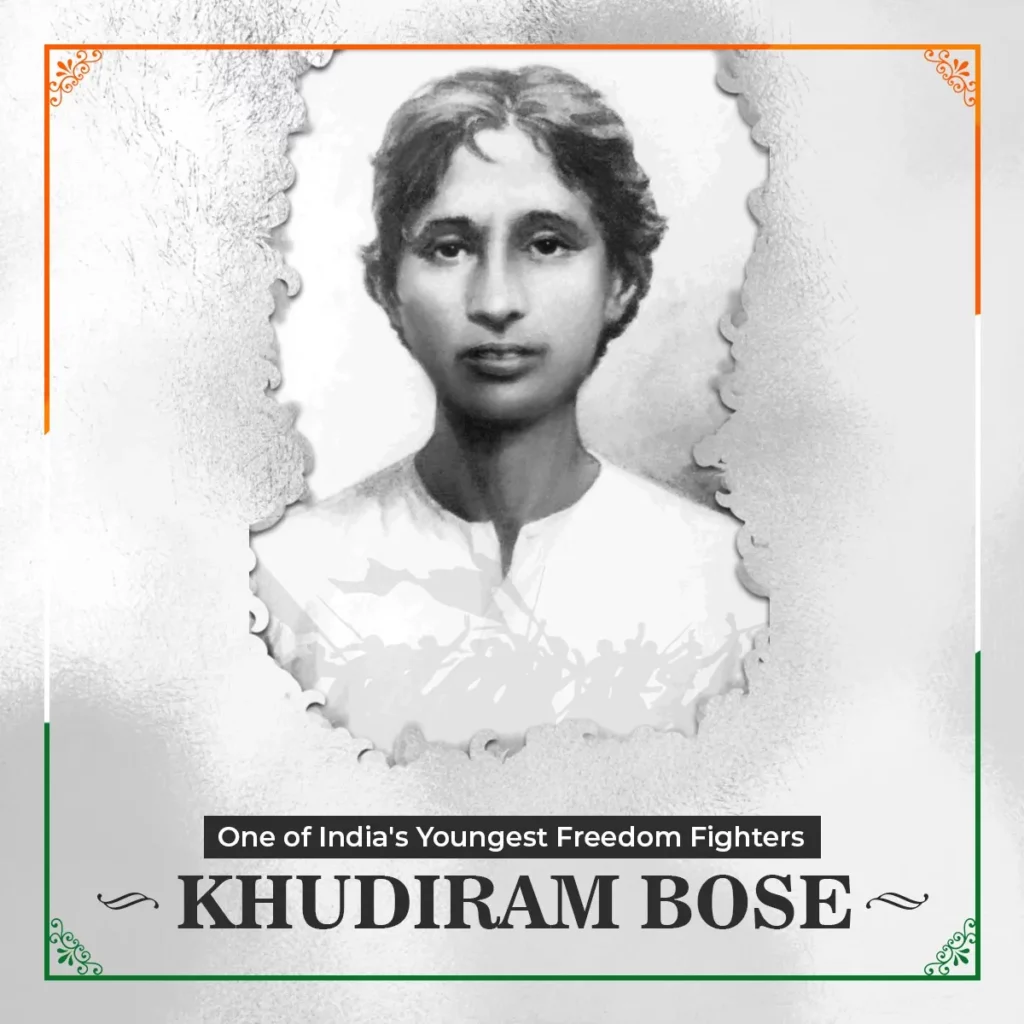
Khudiram Bose was indeed one of the youngest revolutionaries in India’s fight for independence. Born on December 3, 1889, in the Medinipur district of Bengal (now in West Bengal), Khudiram Bose’s early life was marked by a deep sense of patriotism and a desire to see India free from British colonial rule.
At the age of 18, Khudiram Bose was involved in a daring plot to assassinate a British judge named Kingsford, who was known for his harsh treatment of Indian nationalists. Bose’s plan was to target Kingsford’s carriage with a bomb. However, due to a mistaken identity, the bomb detonated in a different carriage, which tragically resulted in the deaths of two British women.
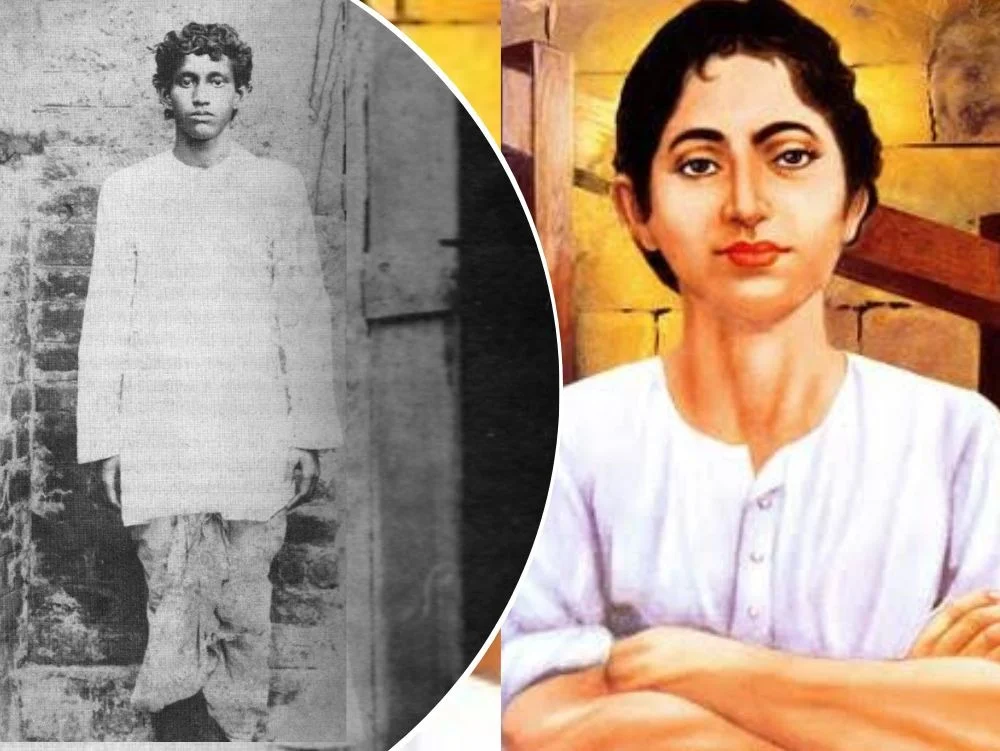
Khudiram Bose was subsequently arrested for his involvement in the bombing. Despite his young age, he displayed remarkable courage and resilience during his trial. He was convicted and sentenced to death by hanging. On August 11, 1908, at the age of 18 years, 8 months, and 8 days, Khudiram Bose was executed.
Khudiram Bose’s sacrifice at such a tender age highlights the immense dedication and bravery of young freedom fighters who were willing to lay down their lives for the cause of India’s independence. His legacy serves as a reminder of the selfless devotion and determination that characterized the struggle for freedom during those challenging times.
6. Benoy Badal Dinesh
The trio Benoy Basu, Badal Gupta, and Dinesh Gupta were young revolutionaries and played a significant role in India’s struggle for independence.
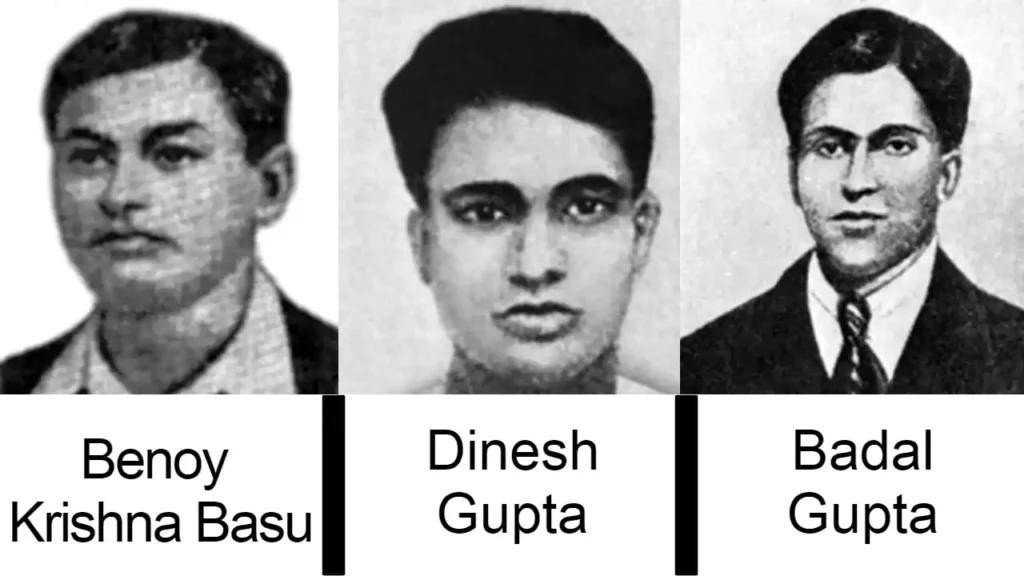
On December 8, 1930, these three brave young men carried out a daring attack on the Writers’ Building in Kolkata (then Calcutta), which served as the headquarters of the British colonial administration in Bengal. Dressed in European attire to disguise themselves as British officials, they managed to infiltrate the building with the intention of assassinating Colonel N.S. Simpson, the notorious Inspector General of Police known for his brutal treatment of Indian freedom fighters.
The trio succeeded in their mission by shooting and killing Colonel Simpson. However, in the ensuing chaos and gunfight with the police, they were outnumbered and trapped. Rather than being captured alive, Benoy Basu, realizing that he would be apprehended, ingested cyanide to avoid being taken alive. Badal Gupta and Dinesh Gupta, unwilling to surrender, shot themselves.
Their sacrifice and courage left a lasting impact on the Indian independence movement. Benoy Basu, Badal Gupta, and Dinesh Gupta are remembered as heroic martyrs who were willing to give their lives for the cause of India’s freedom. Their actions served as an inspiration to countless others in their determination to confront the British colonial authorities and contribute to the struggle for a free and independent India.
7. Bhogeswari Phukanani
Bhogeswari Phukanani, also known as Bhogeswari Shakuntala, was a brave freedom fighter from Assam, India, who played a significant role in the Indian independence movement.
Bhogeswari Phukanani was born on December 28, 1912, in the Sivasagar district of Assam. She was deeply influenced by the ideals of Mahatma Gandhi and the Indian National Congress, and she actively participated in various activities to oppose British colonial rule.
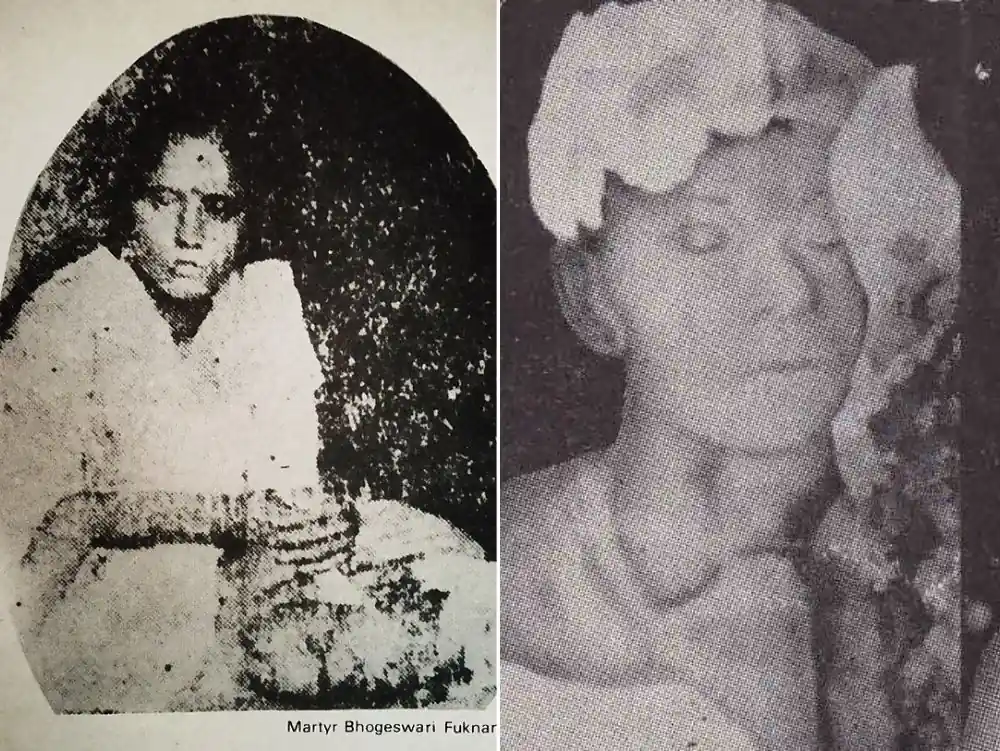
One of her most notable contributions was during the Quit India Movement of 1942. This movement was a significant civil disobedience campaign launched by the Indian National Congress against the British government’s continued presence in India during World War II.
Bhogeswari Phukanani played a crucial role in mobilizing people and spreading the message of the Quit India Movement in her region. She organized rallies, public meetings, and protests against British authorities. Her strong leadership and determination inspired many others to join the movement.
During one of the protests, Bhogeswari Phukanani was arrested by the British colonial authorities and imprisoned for her participation in the freedom struggle. She faced harsh conditions in jail but remained resolute in her commitment to the cause of India’s independence.
Tragically, Bhogeswari Phukanani’s life was cut short at a young age. She died in police custody on September 28, 1942, under mysterious circumstances. Her death was a stark reminder of the brutal methods employed by the British authorities to suppress the freedom movement.
Bhogeswari Phukanani’s sacrifice and bravery continue to be celebrated in Assam and across India. She is remembered as a symbol of the unwavering spirit and dedication of women in the struggle for India’s freedom. Her story serves as an inspiration for generations to come, highlighting the indomitable courage of individuals who fought for justice and independence.
8. Pritilata Waddedar
Pritilata Waddedar was a courageous freedom fighter who actively participated in India’s struggle for independence. She was a staunch supporter of Mahatma Gandhi’s principles and played a significant role in various movements against British colonial rule.

Pritilata joined the Quit India Movement and the Non-Cooperation Movement, both of which were pivotal in India’s fight for freedom. She was deeply committed to the cause and engaged in acts of civil disobedience to challenge British authority. Her dedication to the movement led to her arrest for defying the Salt Act, a clear testament to her unwavering determination.
One of the most poignant moments in Pritilata’s life was during the Quit India Movement when she bravely confronted the police and appealed to them not to open fire on the crowd. Tragically, her plea fell on deaf ears, and she was shot multiple times while holding the Indian flag and chanting “Vande Mataram.” Her act of sacrifice, courage, and patriotism continue to inspire people across the nation.
Pritilata Waddedar’s story serves as a reminder of the extraordinary sacrifices made by ordinary individuals during India’s struggle for independence. Her unwavering commitment to freedom and her bravery in the face of adversity exemplifies the spirit of those who fought selflessly for a better future for their nation.
9. Jatindra Nath Das
Jatindra Nath Das was a valiant freedom fighter who exemplified his deep love and respect for the nation through his unwavering commitment to India’s independence struggle.
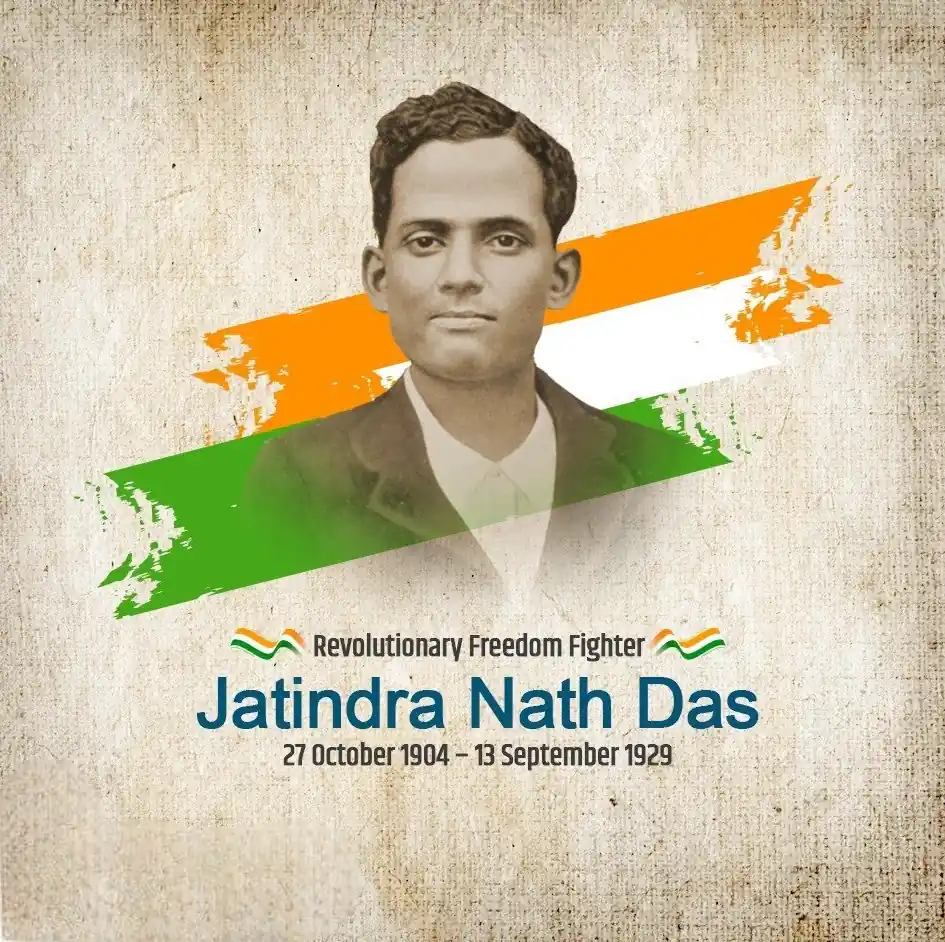
Jatindra Nath Das, also known as Jatin Das, was a revolutionary who actively participated in the fight against British colonial rule. He was deeply dedicated to the cause of India’s freedom and worked tirelessly to mobilize people against the oppressive British regime.
In 1929, Jatin Das founded the Desa Bandhu Youth Association, an organization that aimed to protest against British rule and work towards India’s liberation. He played a pivotal role in organizing protests and demonstrations to challenge the colonial government’s authority.
Tragically, during a protest march led by Jatin Das in 1932, he was severely injured and subsequently arrested by the British authorities. While in custody, he went on a hunger strike to demand better treatment for political prisoners. Despite his deteriorating health, Jatin Das remained steadfast in his resolve.
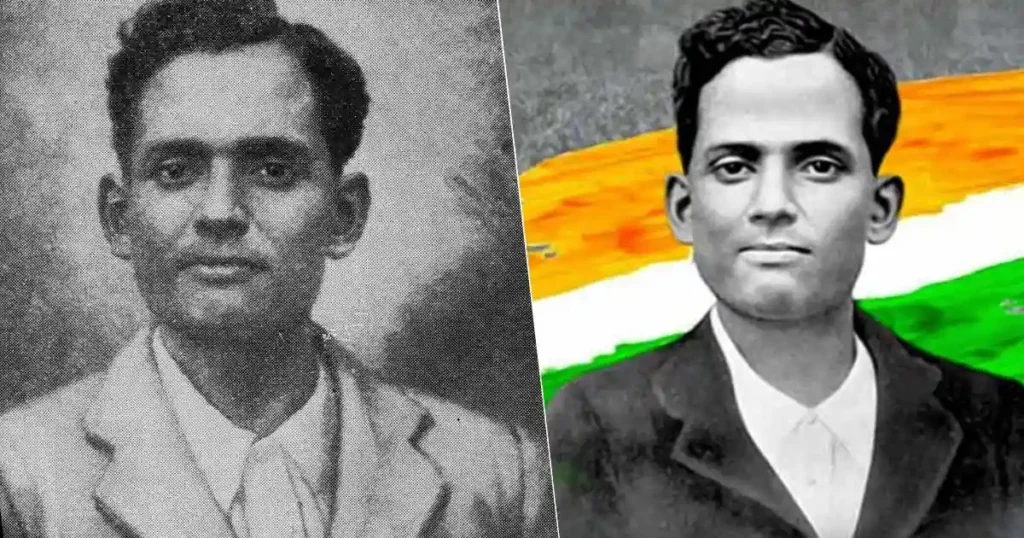
Jatin Das’ hunger strike lasted for an astonishing 63 days, during which he endured immense suffering for the sake of his ideals and his love for the nation. Tragically, he succumbed to his hunger strike on September 13, 1929. Even in his final moments, he held onto the Indian national flag, symbolizing his unyielding dedication to the cause of independence.
Jatindra Nath Das’ sacrifice and unwavering commitment to the nation serve as a powerful reminder of the immense sacrifices made by countless freedom fighters who laid down their lives to secure a better future for India. His legacy continues to inspire generations to uphold the values of freedom, dignity, and sovereignty.
10. Kittur Chennamma
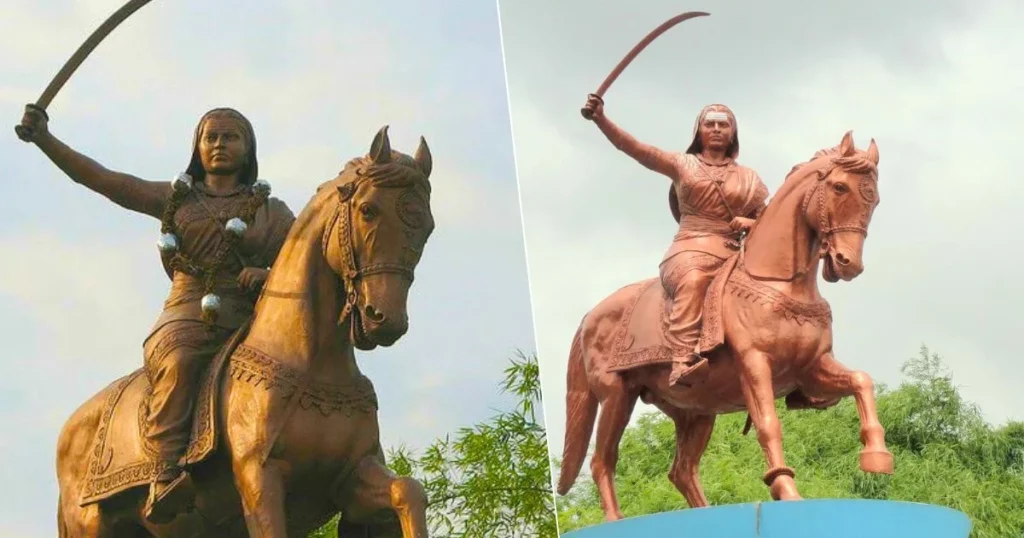
Kittur Rani Chennamma was a courageous freedom fighter and queen of the princely state of Kittur in present-day Karnataka, India. She is remembered for her fierce resistance against British colonial rule and her pivotal role in the Indian independence movement.
Kittur Rani Chennamma was born on October 23, 1778, in Kakati, a small village in Karnataka. She married Raja Mallasarja of Kittur at a young age and became the queen of the princely state. After her husband’s death, she took the reins of leadership and ruled effectively.
During the 19th century, the British East India Company was expanding its control over various princely states in India. In 1824, the British attempted to annex the princely state of Kittur, citing the Doctrine of Lapse. However, Rani Chennamma refused to surrender her kingdom to British rule and instead chose to resist.
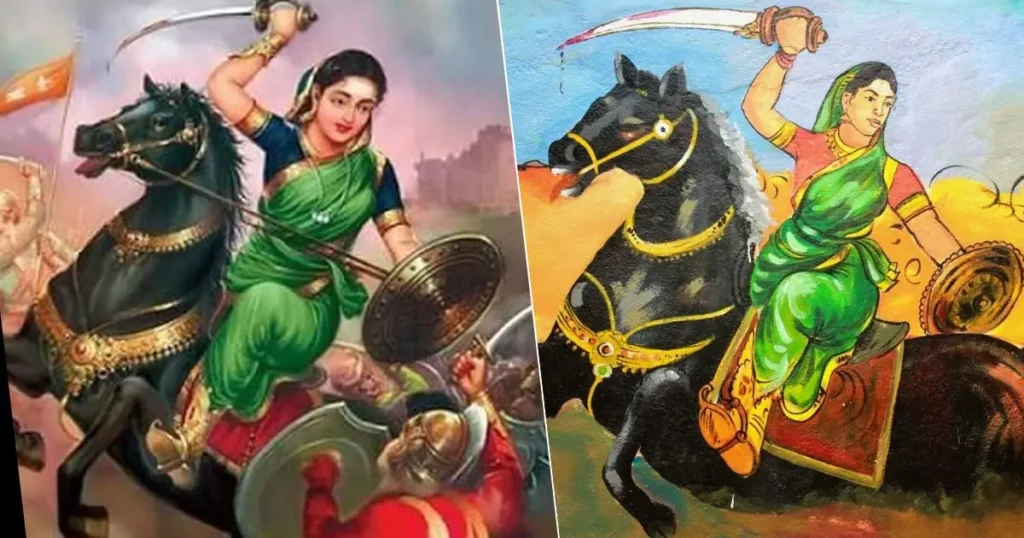
In 1824, the First War of Independence in India took place in Kittur. Rani Chennamma led her forces against the British and fought valiantly to defend her kingdom. Despite being outnumbered, she displayed remarkable strategic skills and determination. The conflict lasted for several months before the British managed to capture her.
Rani Chennamma was taken prisoner and imprisoned in Bailhongal Fort. Despite her captivity, her spirit remained unbroken. She continued to resist British oppression and maintained her resolve to free her kingdom.
Tragically, Rani Chennamma passed away on February 21, 1829, while still in captivity. Her legacy, however, lived on as a symbol of resistance and bravery. She became a source of inspiration for future generations of Indians who fought for their country’s freedom.
Kittur Rani Chennamma’s contribution to the freedom struggle is celebrated in Karnataka and throughout India. Her story serves as a reminder of the sacrifices made by countless individuals who dared to challenge the might of the British Empire and paved the way for India’s eventual independence.
11. Kanaklata Barua
Kittur Rani Chennamma was a courageous freedom fighter and queen of the princely state of Kittur in present-day Karnataka, India. She is remembered for her fierce resistance against British colonial rule and her pivotal role in the Indian independence movement.
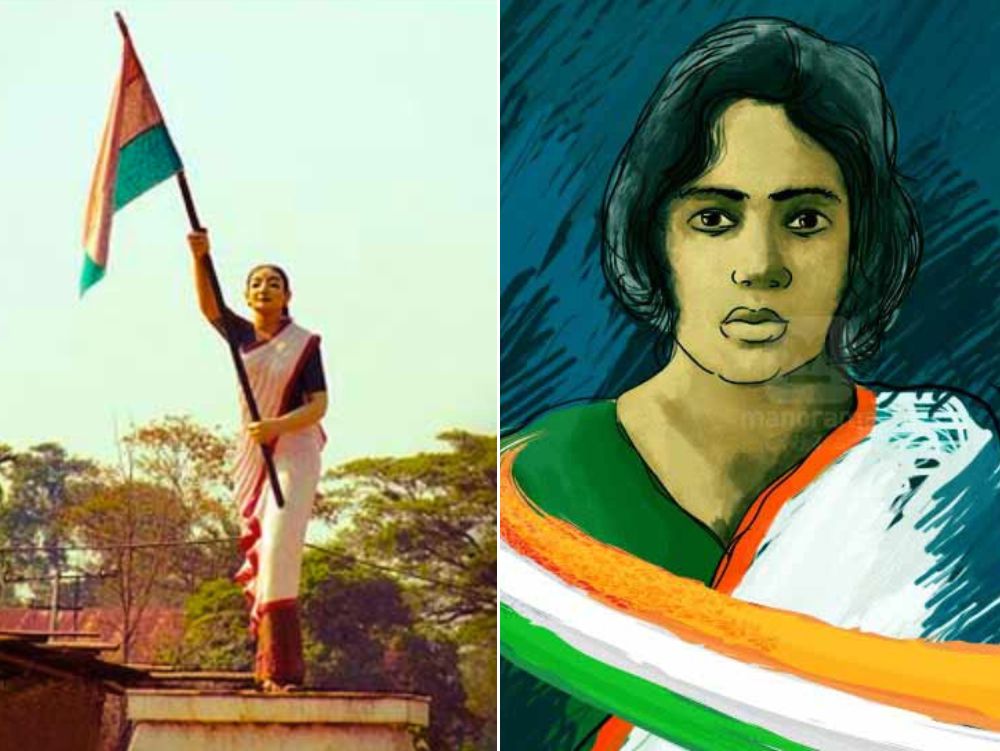
Kittur Rani Chennamma was born on October 23, 1778, in Kakati, a small village in Karnataka. She married Raja Mallasarja of Kittur at a young age and became the queen of the princely state. After her husband’s death, she took the reins of leadership and ruled effectively.
During the 19th century, the British East India Company was expanding its control over various princely states in India. In 1824, the British attempted to annex the princely state of Kittur, citing the Doctrine of Lapse. However, Rani Chennamma refused to surrender her kingdom to British rule and instead chose to resist.
In 1824, the First War of Independence in India took place in Kittur. Rani Chennamma led her forces against the British and fought valiantly to defend her kingdom. Despite being outnumbered, she displayed remarkable strategic skills and determination. The conflict lasted for several months before the British managed to capture her.
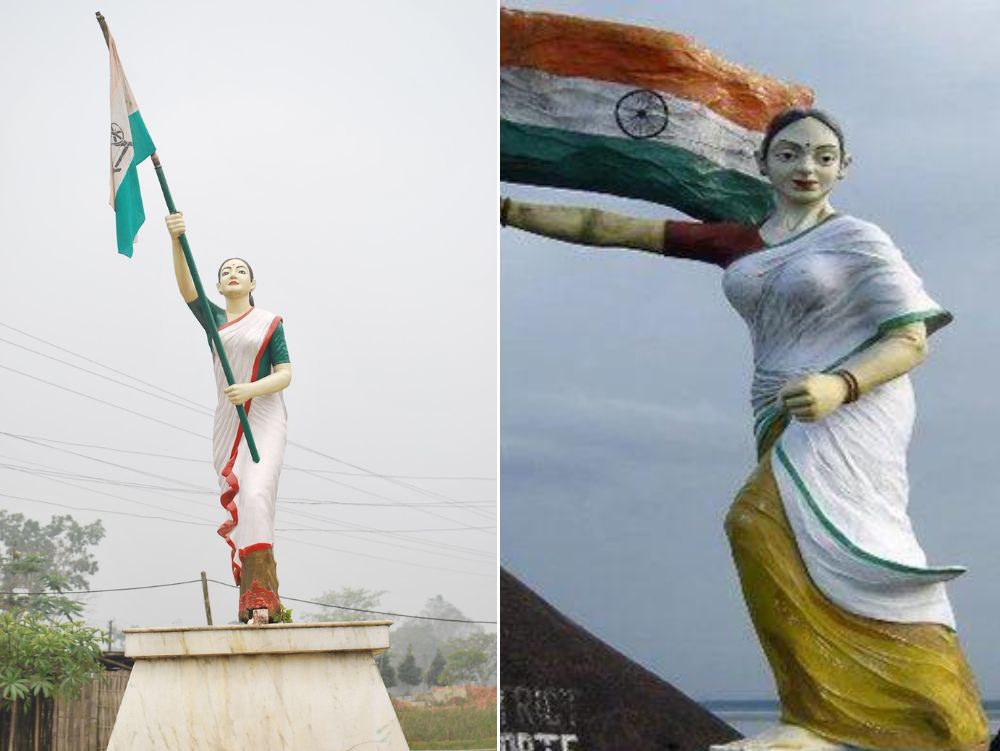
Rani Chennamma was taken prisoner and imprisoned in Bailhongal Fort. Despite her captivity, her spirit remained unbroken. She continued to resist British oppression and maintained her resolve to free her kingdom.
Tragically, Rani Chennamma passed away on February 21, 1829, while still in captivity. Her legacy, however, lived on as a symbol of resistance and bravery. She became a source of inspiration for future generations of Indians who fought for their country’s freedom.
Kittur Rani Chennamma’s contribution to the freedom struggle is celebrated in Karnataka and throughout India. Her story serves as a reminder of the sacrifices made by countless individuals who dared to challenge the might of the British Empire and paved the way for India’s eventual independence.
12. Ashfaqulla Khan
Ashfaqulla Khan was a brave Indian freedom fighter who played a significant role in the Indian independence movement against British colonial rule. He was born on October 22, 1900, in Shahjahanpur, Uttar Pradesh.
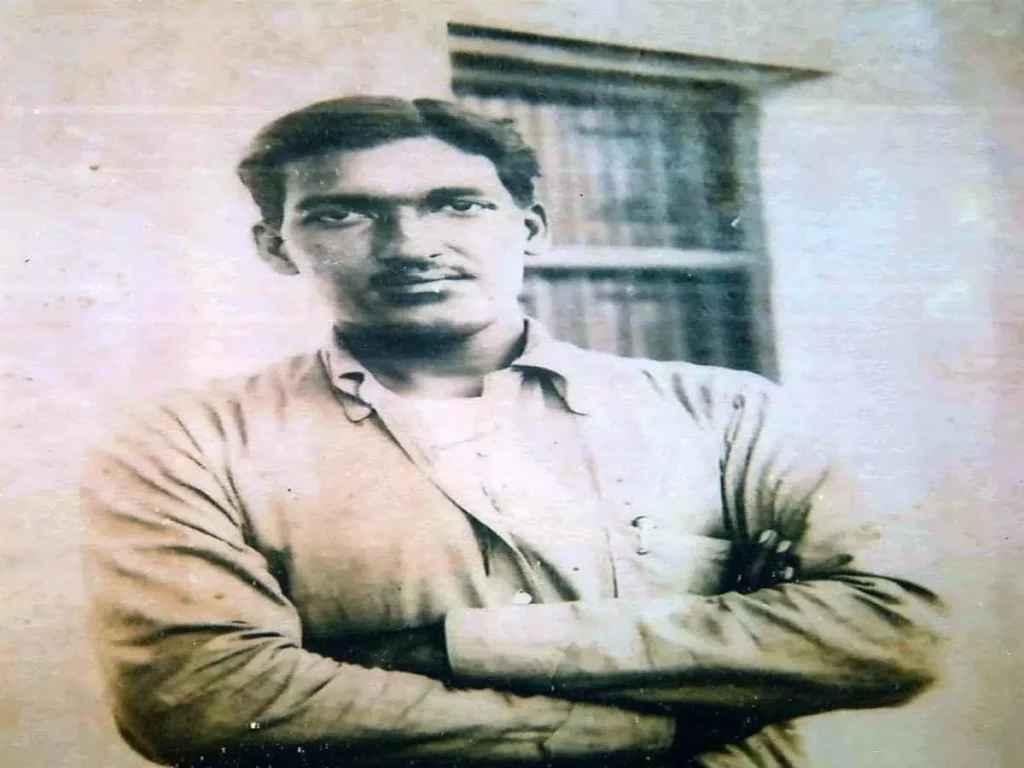
Ashfaqulla Khan became actively involved in the struggle for independence at a young age. He was deeply influenced by the ideals of Mahatma Gandhi and the Non-Cooperation Movement. He joined the Hindustan Socialist Republican Association (HSRA), a revolutionary organization that aimed to achieve complete independence through armed resistance.
One of the notable actions in which Ashfaqulla Khan was involved was the Kakori Train Robbery of 1925. Along with his comrades, including Ram Prasad Bismil, Chandrashekhar Azad, and Rajendra Lahiri, he planned and executed the robbery to acquire funds for the revolutionary activities of the HSRA. The robbery targeted a train carrying government funds, and the revolutionaries aimed to use the money for their cause.
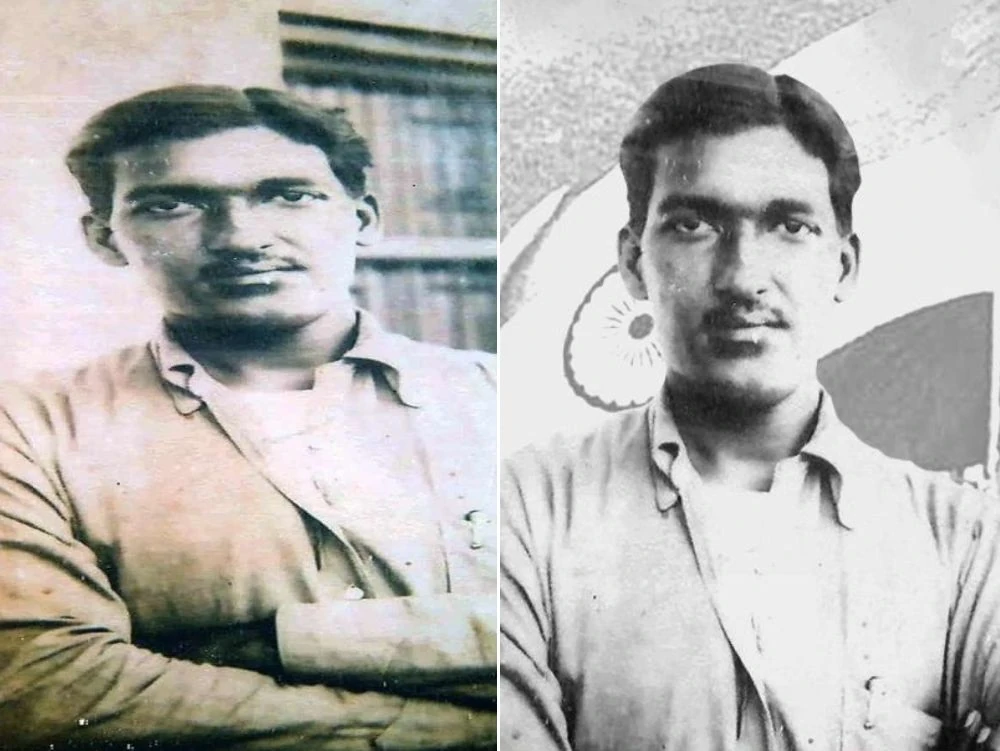
However, the robbery did not go as planned, and the revolutionaries faced arrests and subsequent trials. Ashfaqulla Khan was arrested, along with his comrades, and put on trial for their involvement in the Kakori Robbery. Despite the harsh circumstances and the possibility of a death sentence, Ashfaqulla Khan and his fellow revolutionaries maintained their commitment to their cause and faced the trial with courage.
Ashfaqulla Khan was eventually sentenced to death by hanging. Despite appeals for clemency, the British colonial authorities executed him on December 19, 1927, in Faizabad Central Jail.
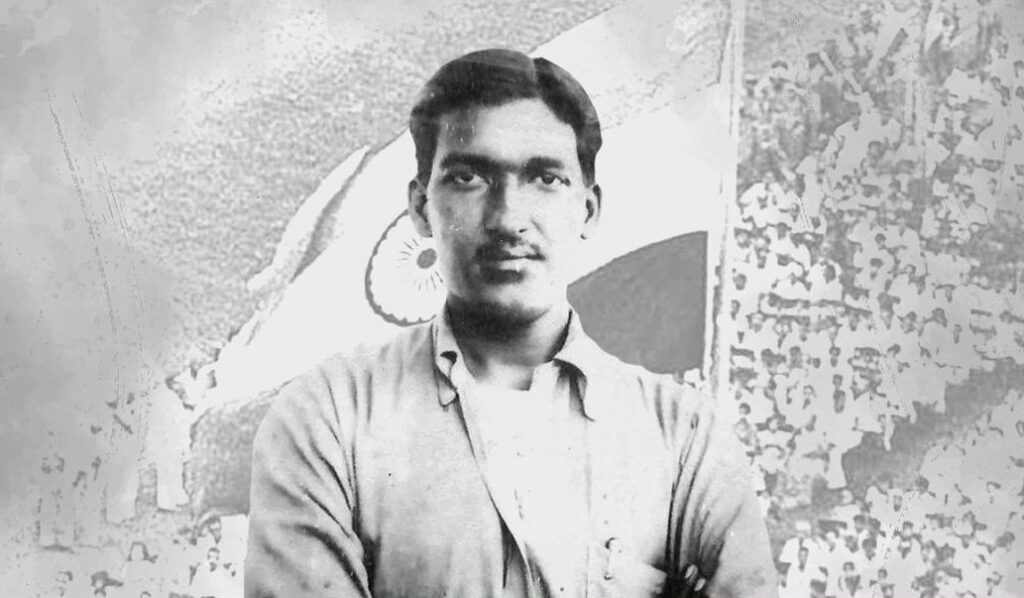
Ashfaqulla Khan’s sacrifice and dedication to the cause of Indian independence have made him a revered figure in the history of the freedom struggle. His legacy continues to inspire generations of Indians to uphold the values of freedom, justice, and equality. His contribution to the fight against British oppression is remembered and honoured as an integral part of India’s journey towards independence.



